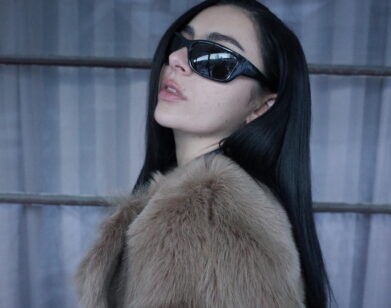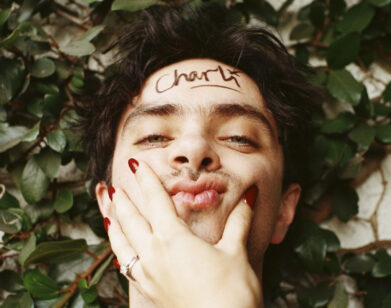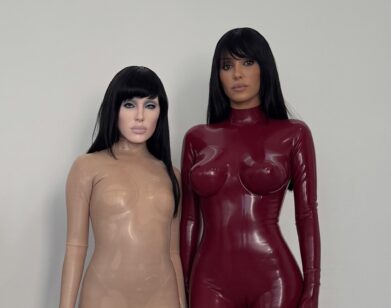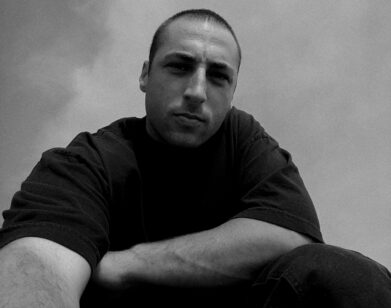Why Charli XCX’s Pop 2 is criminally underrated
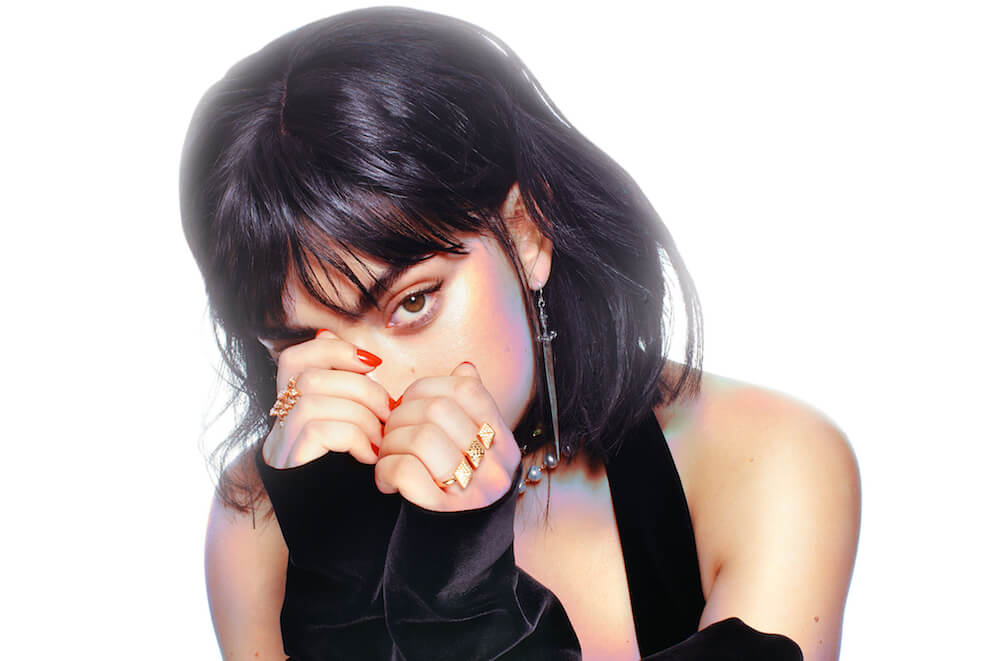
IMAGE COURTESY OF ASYLUM RECORDS.
“I think I’m underrated,” tweeted avant-pop outlaw Charli XCX this week. I agree. Last month the 25-year-old British sensation released Pop 2, one of the most cohesive musical statements in recent memory (and one of our top 10 albums of 2017). The title makes clear that it’s a gauntlet thrown down: XCX is the future of pop, and she’s not afraid to say it.
A thought that surfaced as I listened to Pop 2 for the millionth time this week: it’s the first record since Kanye West’s Yeezus that actually deserves a comparison to that masterpiece. In 2011, West drew upon the best and brightest producers at the time—Salem’s Jack Donoghue, Evian Christ, Arca, and so on—and synthesized their sounds into something beyond trend-chasing. His record captured a DNA sample of its time period, transforming underground energy into a glittering statement piece. Ever since, the record has been used as critical shorthand for any new release with surprising electronic elements.
Consider Taylor Swift’s 2017 single “…Ready For It?” “Taylor Swift Goes Full ‘Yeezus’ on New Single” gushed The Ringer. On a surface level, this is an accurate description of the song. Swift—as part of her meta-narrative beef with West—uses barreling industrial percussion that recalls Yeezus cuts like “Black Skinhead.” But in spirit, they’re nothing alike. West was looking forward, straining against the boundaries of what’s possible. Swift drew from an obvious cultural touchstone.
The same dynamic takes place on Katy Perry’s 2017 album Witness. She used beats from the duo Purity Ring, whose Urban Outfitters-friendly twinkle-trap peaked around 2012. Perry seemed to be playing catch up. Most chart-topping pop projects in 2017 offered a grab bag of assorted cool-chasing trends: a beat from Metro Boomin here, a touch of trop-house there. That’s okay: major pop stars exist within a dense cloud of PR and major label protection. It’s understandable for their taste to lag a few years behind the zeitgeist. They don’t need to break new ground. Their job is to appeal to the masses.
Yet, they can do both. Pop 2 belongs to a lineage of gravity-shifting albums that combine chart-ready swagger with cutting-edge electronic sounds. Before Yeezus, the Neptunes’ spaceship thump for Kelis’s Tasty [2003], Outkast’s drum-and-bass experiments on Stankonia [2000], and the Mark Bell-assisted trip-hop of Björk’s Homogenic [1997] all brought futuristic production to a mainstream audience.
As with any of the above, XCX delivers a fully-formed world to her listeners. West earned mountains of praise for weaving dozens of talented collaborators into a coherent whole. XCX does the same, creating a polychrome human symphony out of freaky vocalists like X-rated Chicago rapper CupcakKe and next-gen producers like A.G. Cook and Sophie, masters at pushing the limits of contemporary digital sound. And with rumors that Sophie—an associate of future-facing pop collective PC Music—has been producing tracks for Rihanna’s new album, XCX is making it acceptable for mainstream musicians to more easily digest her take on the genre.
You can listen to practically any five-second snippet of Pop 2 and instantly recognize her sonic footprint. Take the track “I Got It”: the song effortlessly fuses metallic trap, trance synths, a Brazilian drag queen’s airy melodies, hardstyle drums, and a coin jangling on the ground used as a percussive frisson, all in under four minutes. XCX’s universe gives her collaborators license to indulge their freakiest impulses. West deserves the credit he’s been given for the innovations of his producers; XCX should be praised for hers.
Like Björk, Outkast, Kelis, and West, she’s on a mission to reveal what’s possible in a world all too often satisfied with what’s comfortable. Radio may not be ready for her, but that’s okay. She’s a leader, not a follower, and I can’t wait to see where she goes next.


